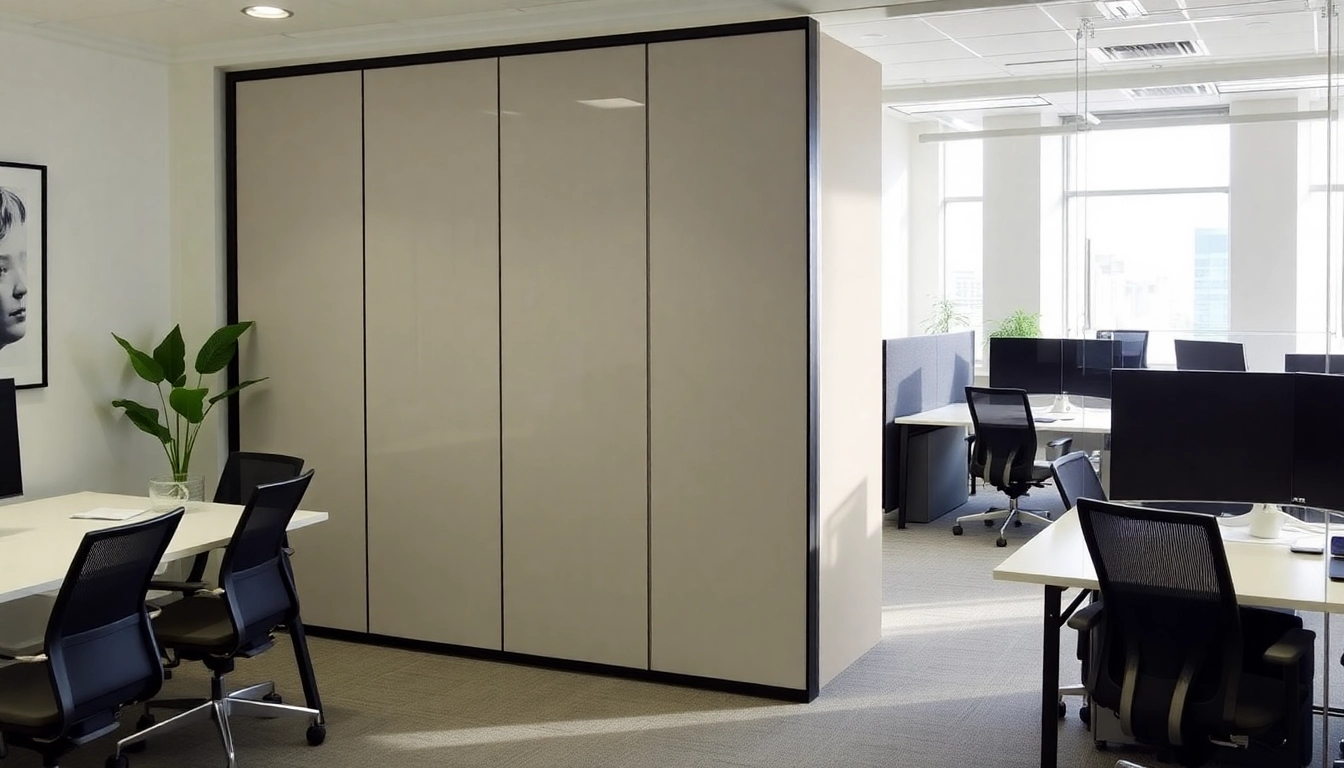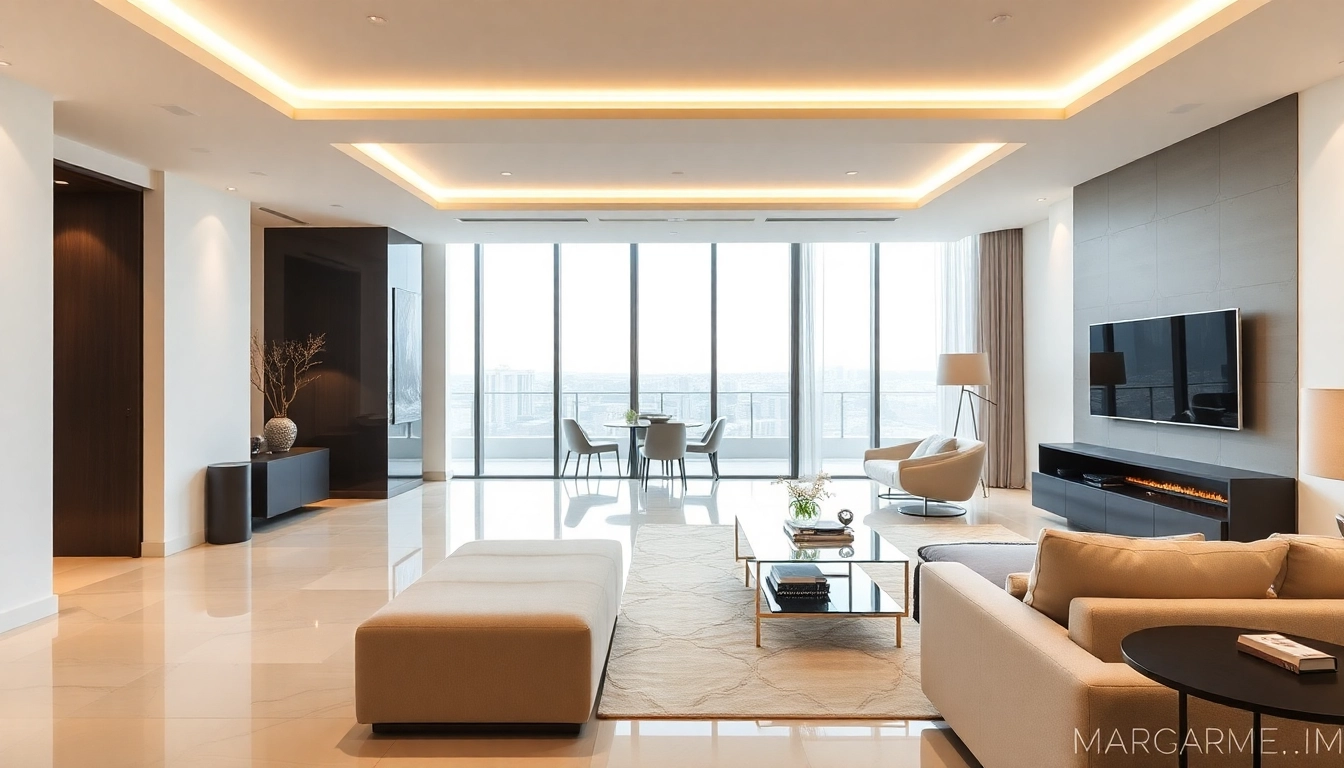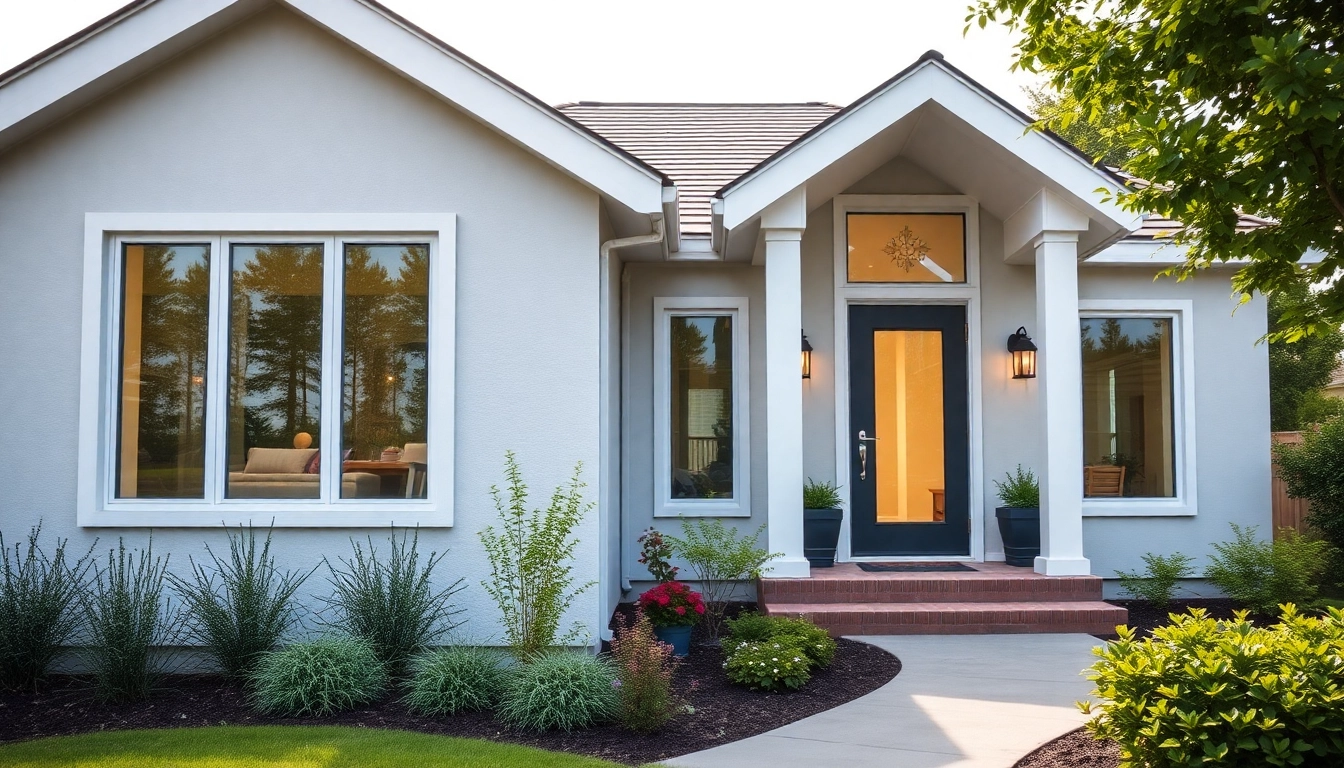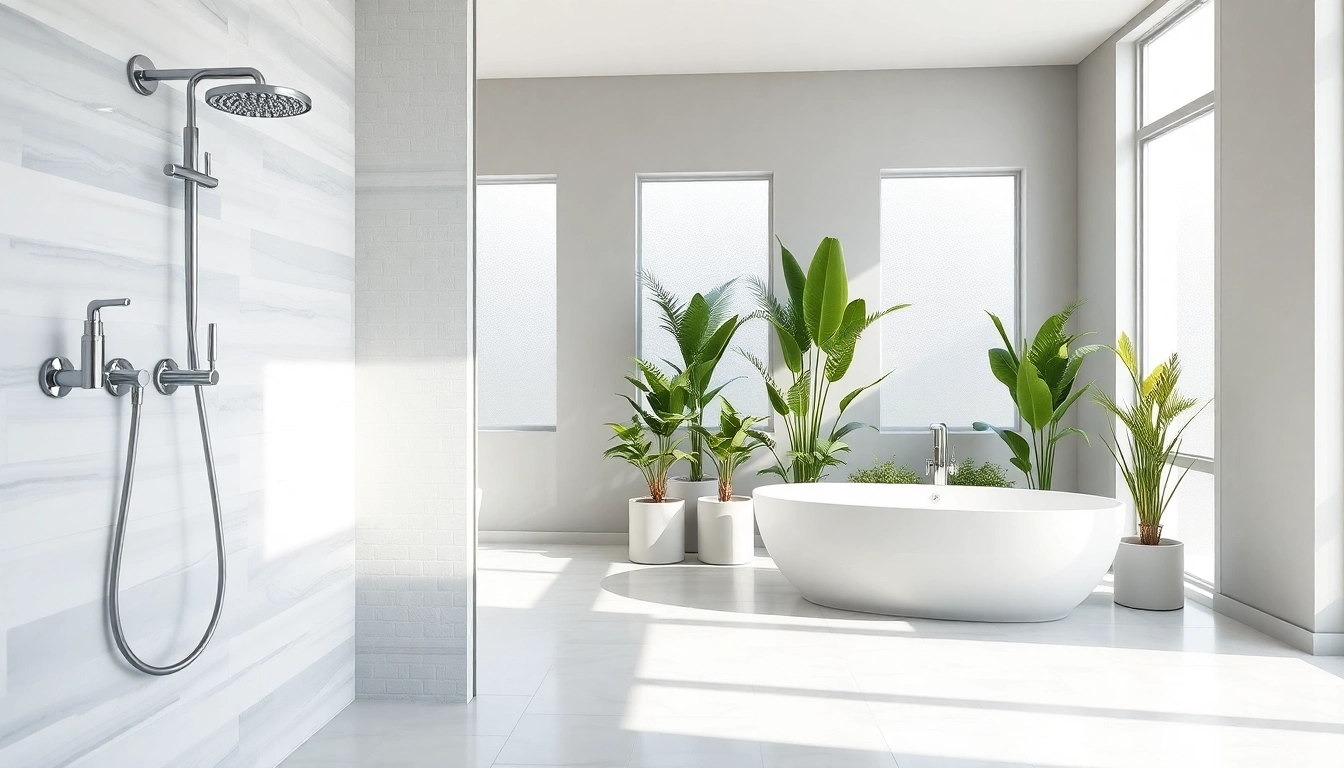Understanding Folding Partition Walls
In an era where space optimization plays a pivotal role in both residential and commercial environments, Folding Partition Walls emerge as a transformative solution. From homes to offices, schools, and more, these adaptable structures provide efficiency and flexibility that traditional walls simply cannot match. In this article, we will explore what folding partition walls are, their essential features, application across various industries, their advantages, selection criteria, maintenance, and future design trends.
What is a Folding Partition Wall?
A folding partition wall is a movable wall system designed to segment spaces easily and efficiently. Unlike traditional fixed walls, folding partitions are operable, allowing users to open or close areas based on their current needs. These panels can be made from various materials including wood, fabric, glass, and soundproof materials, each serving specific aesthetic and functional requirements. They are often used in settings that necessitate versatility, enabling spaces to transform quickly between different configurations.
Key Features of Folding Partition Walls
- Mobility: Designed to be easily opened and closed, folding partitions can be reconfigured to adapt to changing needs.
- Variety of Materials: Available in various finishes such as fabric, glass, wood, and metal, allowing for customization based on decor and functionality.
- Sound Isolation: Many folding partition walls include acoustic properties designed to reduce noise, enhancing privacy in an environment.
- Space Optimization: They allow for the division of large areas into smaller, more functional spaces without the permanence of traditional walls.
- Easy Installation and Maintenance: Depending on the design, these partitions can often be installed with minimal disruption and maintained with straightforward cleaning routines.
Common Applications in Various Industries
Folding partition walls are dynamically used across numerous sectors:
- Corporate Offices: Ideal for creating conference rooms, collaborative spaces, and separate workstations that can be adjusted as employee needs change.
- Educational Institutions: Schools and universities employ folding partitions to create multipurpose rooms for classes, events, and gatherings, supporting a diverse array of activities.
- Hospitality Industry: Hotels and restaurants utilize these walls to offer flexible dining spaces, accommodating everything from intimate dinners to large functions.
- Healthcare Facilities: In clinics and hospitals, folding partitions provide privacy for patients while ensuring medical professionals can work efficiently within the space.
- Events and Convention Centers: Perfect for dividing large exhibition areas into separate booths, folding partitions facilitate a versatile venue layout that can adapt to various events.
Advantages of Using Folding Partition Walls
Space Efficiency and Flexibility
One of the most significant advantages of folding partition walls is their ability to optimize space. In environments where every square foot counts, these walls allow spaces to be adjusted on-the-fly. For instance, an office might require an open plan during the day but need private meeting rooms for important discussions in the afternoon. With folding walls, this transition can occur easily and quickly, eliminating the need for permanent walls.
Acoustic Control and Privacy
In areas requiring confidentiality or reduced noise, folding partition walls equipped with soundproofing technology become essential. Using high-density materials and specialized designs, these walls can significantly reduce unwanted noise. This is particularly beneficial in educational and healthcare settings where concentrated focus is necessary. Their ability to offer privacy while maintaining an open and airy feel makes them an invaluable asset.
Cost-Effectiveness Over Traditional Walls
Opting for folding partition walls can lead to significant cost savings in both installation and maintenance. Traditional walls often involve extensive construction, including permits, labor costs, and materials, which can be lengthy and expensive. In contrast, folding partitions often require less invasive installation methods. Additionally, their modular nature means fewer materials are wasted, reducing costs for future renovations.
Choosing the Right Folding Partition Wall
Material Options and Designs
The selection of the appropriate material is crucial depending on the intended use of the space. Common material choices include:
- Fabric: Provides an aesthetic appeal while also allowing for sound absorption.
- Glass: Great for maintaining an open feel while providing visual separation.
- Wood: Offers a warm and classic appearance, suitable for hospitality and residential applications.
- Metal: Ideal for industrial or modern settings. Metal panels can offer robust durability and a contemporary look.
Measuring and Assessing Your Space
Prior to installation, thorough measurements and assessments of the available space are vital. This involves not only measuring the dimensions but also considering factors such as ceiling height, doorways, and the flow of foot traffic. Space assessment will help determine the suitable type of folding partition wall required as well as its placement, ensuring optimal usage.
Consultation and Installation Services
Engaging with experienced professionals for consultation can help ensure that you select the best option tailored to your needs. Many manufacturers and installation services typically provide expert assessments and can recommend solutions based on unique requirements. A precise installation enhances functionality, ensuring that the partition operates correctly and lasts longer.
Maintenance Tips for Folding Partition Walls
Regular Cleaning and Care Guides
Proper maintenance is essential for the longevity of folding partition walls. Regular cleaning helps maintain their aesthetic appeal and functionality. Here are a few tips:
- Use a vacuum or soft brush for fabric panels to avoid buildup of dust and dirt.
- Glass panels can be cleaned with standard glass cleaner to maintain clarity.
- Wipe wood and metal surfaces with a damp cloth and mild detergent to avoid damage.
- Check track systems periodically to ensure they are free from obstructions and lubricate as necessary.
Identifying and Fixing Common Issues
Addressing issues promptly can prevent more significant problems. Common issues include:
- Stuck panels: Ensure tracks are clear of any debris and lubricated regularly.
- Worn seals: Inspect seals and replace them if wear or tear is visible to maintain soundproofing.
- Structural instability: If a partition seems unstable, check its attachment points and consult a professional if necessary.
Longevity and Warranty Information
Most reputable manufacturers offer warranties on their folding partition walls, covering defects in materials and workmanship. Understanding the warranty terms is essential, as this can assure you of the investment you’ve made. Moreover, proper care can significantly extend the lifespan of your partitions, making it a crucial element of ownership.
Future Trends in Folding Partition Wall Design
Innovative Technologies and Features
The future of folding partition walls is closely linked to advancements in technology. Innovations such as automated systems that allow partitions to open and close at the touch of a button are becoming more common. Additionally, smart partitions that integrate with building management systems can optimize energy efficiency and user comfort by adjusting based on occupancy.
Sustainable Materials and Eco-Friendly Options
Sustainability is becoming a significant consideration across all sectors, and the partition wall market is no exception. An increasing number of manufacturers are producing partitions made from recycled or sustainable materials, significantly reducing the environmental impact. Furthermore, energy-efficient designs are being prioritized, allowing partitions to contribute to overall building green standards.
Predictions for Market Evolution
As the demand for flexible and efficient spaces continues to grow, the market for folding partition walls is expected to expand significantly. With ongoing innovations in materials, technology, and design, the versatility offered by these walls will likely become even more appealing across commercial and residential applications. In designs of the future, we may see more integration with digital technology that allows for customizable environments tailored to specific events or activities.



